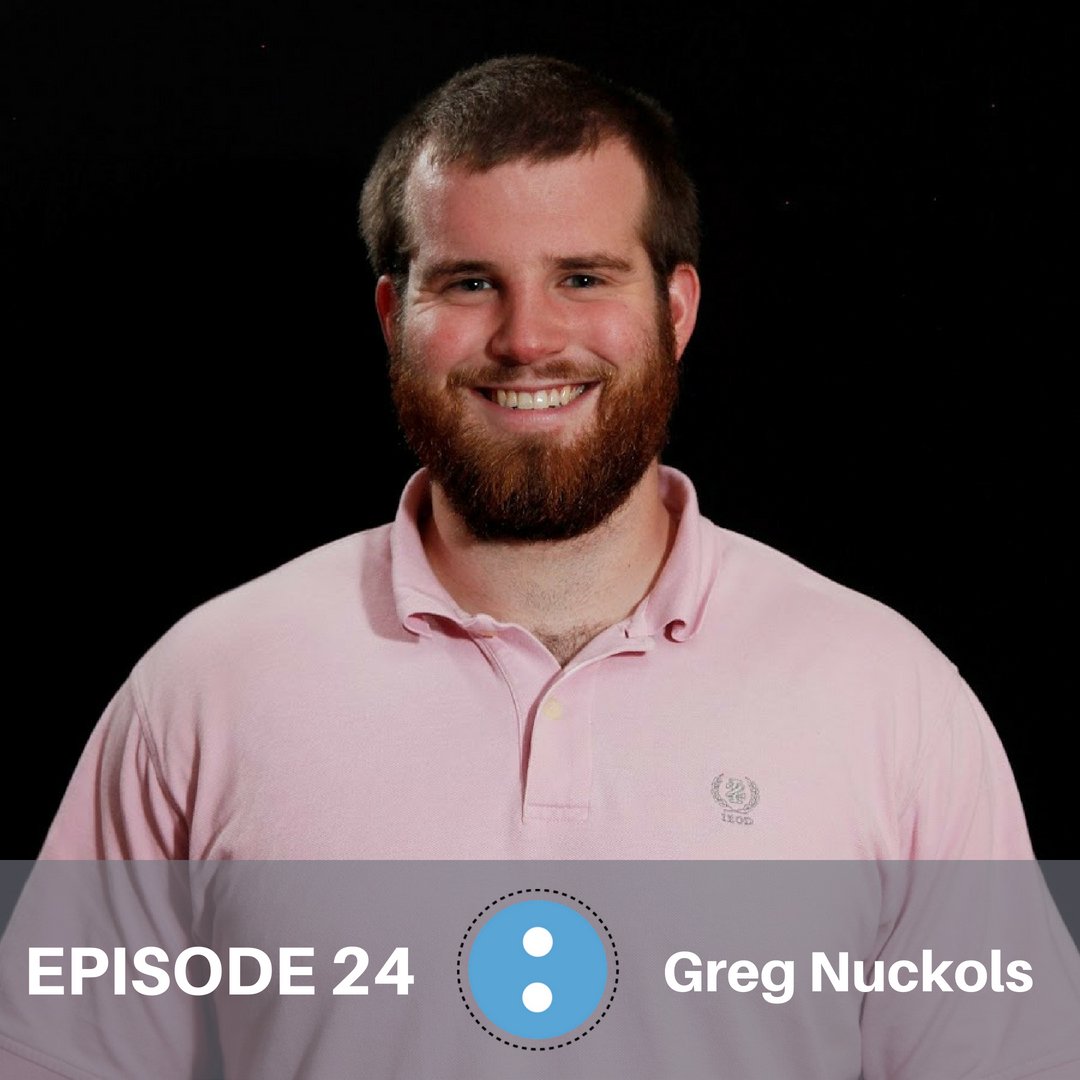If you're on a quest to immerse yourself in the world of training, health, and well-being, we've got the perfect match for you.
Tune into our podcast. It's straightforward, engaging, and packed with expert insights from coaches, doctors, and athletes. We cover it all: training, nutrition, weightlifting, and the essential elements of health and well-being. You'll get practical advice—no fluff, just the stuff you need to know to flourish, inside and out. Start listening today.
STRENGTH RATIO
Podcast
Search by topic or find a specific episode!
Episode 57: Dr. Lisa Lewis on the Mechanics of Motivation
"Your most effective instrument for effecting change is your report, your relationship with the client."
We'll let that sink in for a moment. This quote, so profound in its succinct expression of truth, is one of the many gems that emerged from our conversation with Dr. Lisa Lewis, Ed.D. CADC-II. As a licensed, practicing psychologist, Dr. Lewis is an expert on motivation and behavior change. And while a portion of her career is dedicated to clinical work with individuals seeking to become healthier, we invited her on Episode 57 to talk about the other portion of her career-- the part focused on helping practitioners help others get healthier.
Episode 56: The Road to Success Is Paved with Good Habits
That distance between who you are and who you want to become? It can feel staggering, daunting, even impassible at times. Especially if you’re fixating on the sheer expanse of it. However, if you focus on taking a single step across that distance, things might not seem quite so overwhelming. Because a step is small. A step is manageable. And, as James Clear discusses in our latest podcast, a step is exactly the motivation you need to take another.
James Clear is the author of Atomic Habits, a New York Times best selling book about the art and science of habit formation.
Episode 51: Introspection over Instagram and Science over Sensationalism-- Pixie Turner’s Take on Nutrition in the Media
Nutrition can be a topsy-turvy place-- a place where misinformation parades around in six-pack suits with “fitspo” masks, where cult leaders preach food restriction dogma from social media pulpits, where marketing supplants science, and where people trap themselves in echo-chamber labyrinths of their own design.
Episode 49: Alan Flanagan Defends the Science of Nutrition
When it comes to nutrition, there’s an elephant in the room. Actually, a few. And Alan Flanagan, M.Sc., Ph.D. candidate studying chrono-nutrition, and former lawyer, joins us on Episode 49 to confront them.
He begins with a particularly stubborn impediment to progress: Post-Truth Anti-Intellectualism. This movement, characterized by…
Episode 47: Jaime Tartar on the Brain, The Body, and Sleep For Chronic Stress Reduction & Longevity
Episode 47 of the Strength Ratio Podcast features Neuroscientist, Ph.D Jaime Tartar, Professor at Nova Southeastern University and President of the non-profit, “Society for NeuroSports”.
Jaime joins us to discuss sleep and stress in the context of general health and performance.
Episode 37: Mike Molloy of M2 Performance Nutrition
Mike Molloy, owner of M2 Performance Nutrition, joins us for Episode 37 of the Strength Ratio Podcast.
Mike, who has worked as a nutrition coach for nearly a decade, explains how his one-on-one coaching has evolved from writing macro prescriptions, alone, to now involving lifestyle and behavioral coaching to better address the psycho-social influences of dieting.
For example, and as citied in greater detail in the episode, Kaymen et al., recently discovered that subjects who maintained their fat loss…
Episode 24: Interview with Greg Nuckols
Although the field of Sports Science is relatively young, and despite the inherent limitations in studying human performance, we have many Ph.D.'s to thank for our best current evidence. There’s Brad Schoenfeld, Mike Israetel, Eric Helms, Alan Aragon, and Greg Nuck — Wait, Greg Nuckols doesn’t have a Ph.D.?
If Greg, age 26, doesn’t have a Ph.D., what makes him so well respected by the larger field of Sports Science researchers? What makes him such a credible source that thousands would subscribe to his digest of the latest literature, in “MASS Research Review”?









